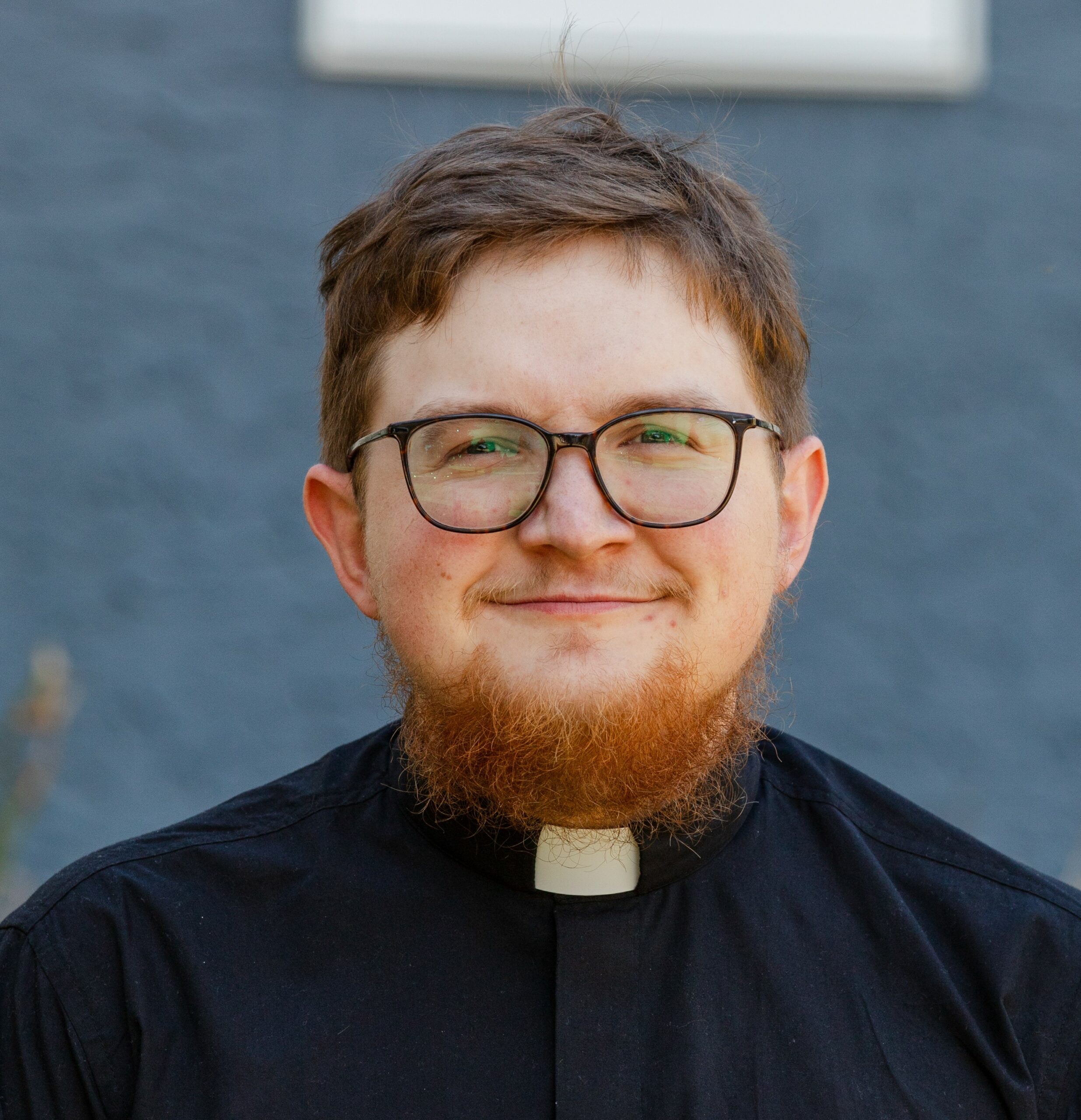 Do you remember how badly you wanted the COVID-19 pandemic to be over?
Do you remember how badly you wanted the COVID-19 pandemic to be over?
The constant changing of the rules and the fear of catching COVID were absolutely exhausting. Worst of all were the social restrictions.
It was totally natural and good to long to be with people again. But the question that keeps coming to me: What kind of community do we most need?
Unity is fragile
God yearns for the unity of his people. Think about that long and hard. Of all the things Jesus prayed for on the night he was arrested, he prayed for unity among the people of God.
Why wouldn’t he have prayed for the end of world hunger, or the defeat of Satan, or for the mighty spread of the gospel, or for the people to see God’s glory even during the horrible events that are about to take place in the crucifixion?
He didn’t pray for those things; he prayed for unity. “Holy Father,” he prayed, “keep them in your name, which you have given me, that they may be one, even as we are one” (John 17:11b).
Further, “The glory that you have given me I have given to them, that they may be one even as we are one, I in them and you in me, that they may become perfectly one, so that the world may know that you sent me and loved them even as you loved me” (John 17:22-23).
But the past few years have been brutal for unity among God's people––both in Canada and worldwide. Conspiracy theories, racial tensions, and political instability, among other things, have divided the collective church like I have never seen before.
In my life, beloved Christian friends have posted things on social media that make me think less of them. But I've also offended others.
In the first year of the pandemic, a pastor named James Coates was arrested and his church completely shut down by the Alberta Ministry of Health. At the time, I took to Facebook to declare the “correct” view of the situation, with the hope that people would calm down and realize that it is not an issue of persecution. In my mind, he and his church were blatantly breaking health orders, and were not being persecuted.
I don’t think I was wrong in what I wrote, but I certainly had a negative tone. It was more self-righteous than helpful. There was a lot of backlash, mainly as a result of my post’s tone. The next day, I deleted the post, and apologized for my negativity and self-righteousness.
If I want to be a bridge builder, cultivating the unity Jesus prayed for, I need to be much more gracious in my approach. I can hold to my opinions, but I need to reach out to other believers with a branch of humility, gentleness, patience, and love. This is from Paul’s list of attributes in Ephesians 4, which leads toward Christian unity.
United even in disagreement
Among Christians, it's easy to clump together into our various theological tribes. So easily, then, it can turn into an “us versus them” mentality, rather than “us together with them.”
I care deeply about correct doctrine, and I want to keep championing it. But as the years have gone by, I have shifted in certain areas of my personal doctrine. So I want to distance myself from particular individuals, fellow believers, whom I do not wish to be associated with because of their theological beliefs.
Exactly this attitude, though, goes against the unity Jesus prayed for. And it goes against my own understanding of what the Bible says about Christian unity.
Paul wrote in Ephesians 4:4-6, “There is one body and one Spirit—just as you were called to the one hope that belongs to your call—one Lord, one faith, one baptism, one God and Father of all, who is over all and through all and in all.”
Christians simply are united. We are one, even if it doesn't feel that way.
in a way, who cares if I associate myself on a personal and professional level with people who think differently on certain issues than I do? This is not to downplay differences, but to properly recognize what we have in common.
Experiencing unity
Included in striving for unity is cultivating community, specifically in the context of a local church gathering. Are we as the fellowship of God’s people the church, or, on a Sunday morning, do we go to church? The distinction matters, and the answer to that question is vital.
Usually, the attitude about going to church is to simply hear a sermon. But “church” is more than a sermon. Church is more than music. Church is more than the bad coffee in the foyer on the way in or out. The church is the new creation community of God’s people, who are striving for unity, and in whom God dwells.
The church is the new creation community of God’s people, who are striving for unity, and in whom God dwells.
Some of my favourite church experiences have been at Bible camp. During the summer season, the sponsoring churches would gather together on Sunday morning in the camp chapel for worship. It was truly a joyful meeting with these people, to worship together, and to hear one of the pastors preach. They were not my regular church family, they were not part of my denomination, nor was the preacher my pastor. But I felt a deep bond with them all.
Nothing could compare to sitting out in the sun on the picnic tables with a loaded plate at the potluck lunch, visiting with friends, saying hello, and talking about camp. I know for a fact that there was not 100% theological agreement among everyone there. But we did share a lot more in common, which is what brought us together. The camaraderie that we shared was comparable to a heavenly feast.
Those times made me long for new creation with this family of believers. I didn’t care about our disagreements, because I wanted to share in the sweetness of unity!
As Dietrich Bonhoeffer wrote in Life Together, “The physical presence of other Christians is a source of incomparable joy and strength to the believer.”
Attitude adjustment
Am I truly longing, yearning, and desiring God’s new creation? Was the longing for the pandemic to end also combined with a longing to strive for unity, and a cultivation of true and lasting community?
When we don't long for unity, the first step is an attitude change: a change from negativity about our Christian brothers and sisters, toward an attitude of acceptance, love, and tolerance despite doctrinal differences.
A key concept in this process comes from James 1:19: “Let every person be quick to hear, slow to speak, slow to anger.”
People appreciate when others care to know and listen to their beliefs and the journey they have been on to formulate their thoughts and opinions. Nobody likes being looked down upon and lectured about what is right and wrong. We likely won’t change minds through angry, pride-filled rhetoric. Striving for unity comes when we begin to have respectful conversations with each other, in which we search together for the core unifying ideas that bring each of us together as Christians.
Here’s an idea: Get off of social media, and go talk to a real person––maybe even somebody you disagree with!
This means thinking of other Christian family and friends as equals in Christ, even though they may have ideas that we believe are wrong. Remember what Jesus taught his followers: people will know that we are his disciples by our love for one another.
This may not be easy, that’s for sure; thinking less of ourselves and our opinions does not come naturally. Thank God we have the Holy Spirit to guide us and to unify us. We have God’s grace to try again when we fail over and over again to be respectful in our minds, in our words, and in our actions.


